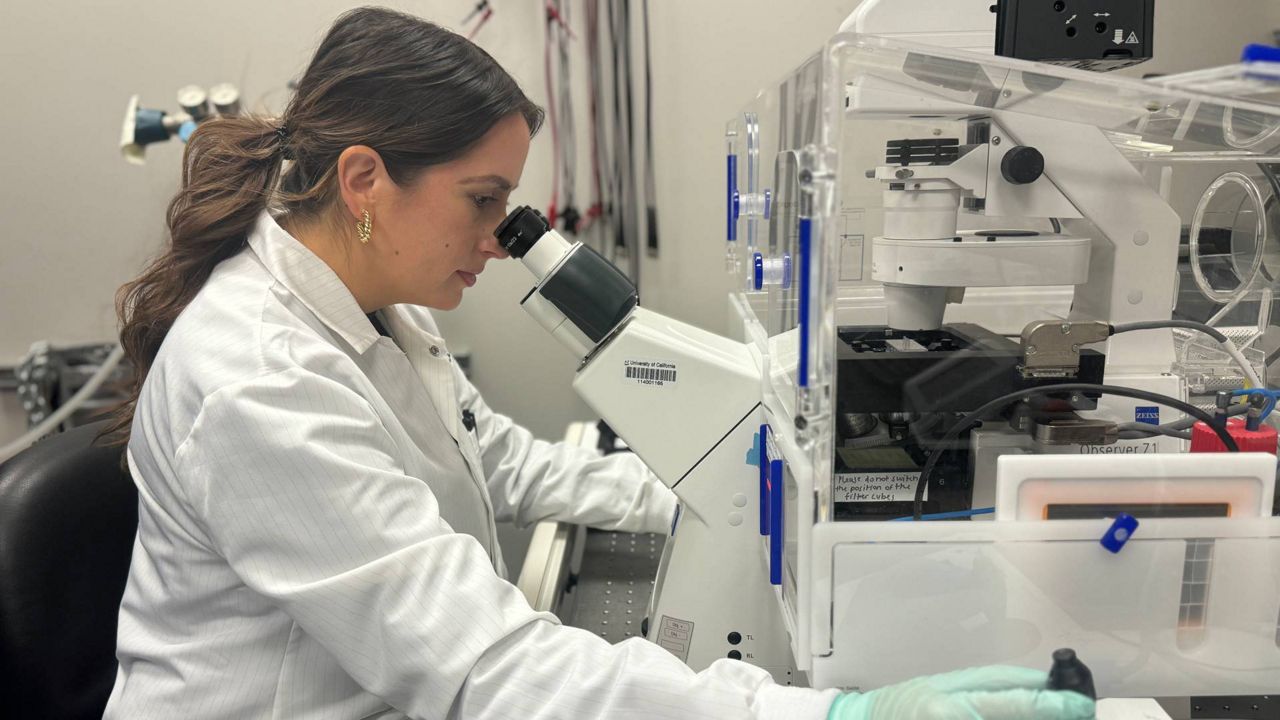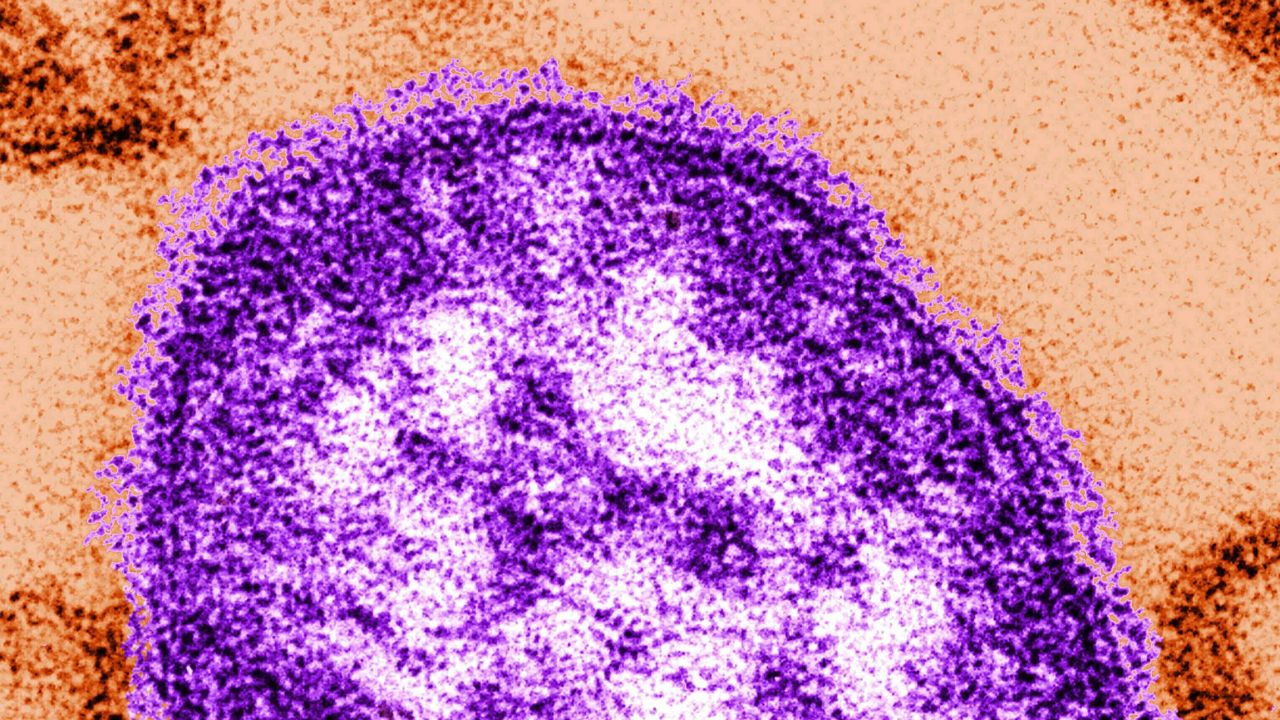Local hospitals are instituting restrictions after the Monroe County Department of Public Health issued a warning about high levels of flu in Monroe County.
It’s that time of the season at Rochester Regional Health’s Immediate Care.
“Compared to September or October, we’re seeing a lot more people come in with influenza-like illnesses, and get a lot of positive tests,” Immediate Care physician Dr. Shahab Dian said.
Monroe County Department of Public Health’s Commissioner Dr. Michael Mendoza says the flu is circulating at high levels in the county, with 420 confirmed cases of the flu as of December 21. And of those, 51 required hospitalization.
“We’ve seen the numbers over the last few weeks, the numbers are going up," Mendoza said. "And in fact, in the most recent week for which we have data, the number has more than doubled.”
This has caused both Rochester Regional Health and University of Rochester Medicine to institute a number of restrictions taking effect Tuesday.
“We certainly don’t want people who are outside, who may or may know they have the flu, to come into the hospital and potentially expose patients in the hospital and put them at risk for being even sicker,” Mendoza said.
At Rochester Regional Health, only two visitors will be allowed per patient at a time, though this doesn’t include parents or caregivers. At the University of Rochester, that number is three.
At both hospitals visitors must be at least 14-years-old, but siblings of any age can visit if they’re healthy.
Officials say no one should visit if they’re experiencing any flu-like symptoms, like cough, fever, sneezing, or a sore throat.
“Hospitals don’t want to restrict visitors if we don’t have to, and right now we’re at the point where it’s a balance of trying to keep the public safe while also honoring their desire and right to visit their loved ones in the hospital,” Mendoza said.
As for immediate care, Dian says treatment is most effective within the first 72 hours so they want people to come in, but says they are also taking precautions.
“Our staff is very well trained on how to approach people with influenza-like illnesses," Dian said. "We will offer masks upon arrival to protect other people waiting in the waiting room, and get them in very quickly.”
The Health Department says the flu season typically begins in October and can last through May, peaking in January or February, which is why both doctors says it’s never too late to take the necessary precautions.
“We want to sound the alarm. Let people know it’s not too late to get your flu shot, and if you’re sick, stay home. If you know anyone that might be sick, encourage them to wash their hands, take precautions, cough into their sleeve and so forth,” Mendoza said.









